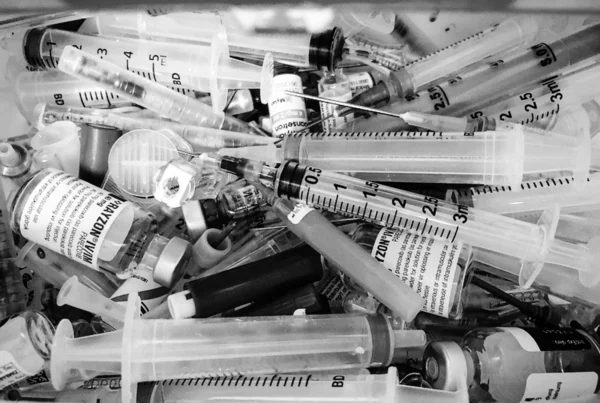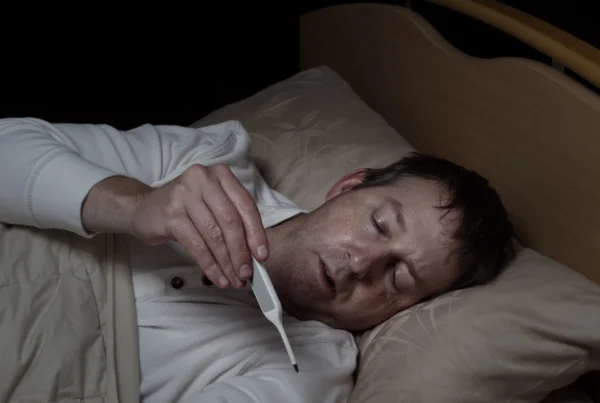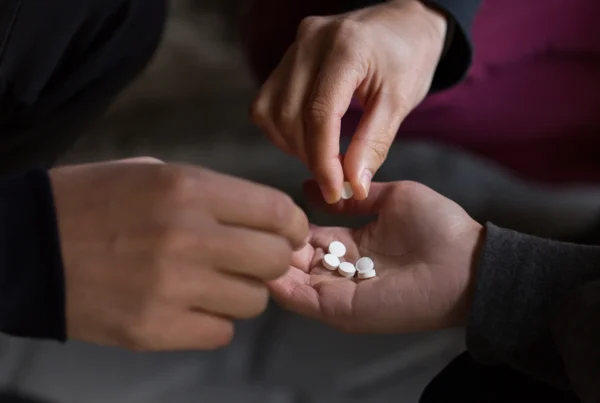
Table of Contents
The Second Principle
Last week, we posted a blog kicking off a series discussing the principles of the twelve steps. We started things off by talking about honesty. The first step of Alcoholics Anonymous reads, “We admitted we were powerless over alcohol – that our lives had become unmanageable.” We examined how this means that those in recovery must start getting honest with themselves. If we can’t do that, we’re doomed to keep making the same mistakes until we can. This week, we move forward to the second principle of the twelve steps: hope.
Completely Devoid of Hope
Before the lights came on and my recovery began in earnest, hope was completely absent from my life. It’s impossible to describe what it’s like in the mind of an addict to someone who hasn’t personally been through it. However, there is an analogy that I keep coming back to. It’s something like being lost in and compulsively running through a maze. Yet, you keep returning to the same spot, and the maze walls are an illusion built by your addicted mind. This is how devoid of hope we become in our addictions. It’s unfathomable to us that there could be another way.
“We Came to Believe…”
Step two of Alcoholics Anonymous states, “We came to believe that a Power greater than ourselves could restore us to sanity.” This is when hope starts to find its way back into the lives of addicts. All it takes is a spark. Just a belief that something somewhere will be able to help us. For those in recovery with religious backgrounds, that could mean a conception of God. However, if you go to meetings long enough, you’ll start to hear all sorts of interesting ideas about what that power could be. And they all come back to the same thing: hope. You start to hear what sounds an awful lot like your own story coming from other people’s mouths at meetings. You see how genuinely happy they are now, and you start to believe that the same thing could happen to you.
Real Courage Means Asking for Help
We built Ocean Recovery on a foundation of hope. If you are struggling with drugs or alcohol, we know the hopelessness you’re feeling. Many of us have been in the same situations and have made it our mission to pull out as many folks as possible from the darkness. An outside, professional perspective and a safe environment can make a world of difference. Our Newport Beach, California team offers a holistic, evidence-based approach to addiction treatment. This includes individual and group sessions, cognitive and dialectic behavioral therapies, nutritional therapy, yoga, and more. If you or someone you know is struggling with substance abuse or eating disorders, please give us a call today. Real courage means asking for help. Ocean Recovery is ready to answer.
Sources
Ocean Recovery has strict sourcing guidelines and relies on peer-reviewed studies, academic research institutions, and medical associations for our references. We avoid using tertiary references as our sources. You can learn more about how we source our references by reading our editorial policy.
1. Wilson B. Alcoholics Anonymous: The Big Book. Courier Dover Publications; 2019.
OCEAN RECOVERY EDITORIAL GUIDELINES
The internet contains a vast amount of misinformation, but when it comes to your health only peer reviewed, research centered data matters. At Ocean Recovery, all content published throughout our website has been rigorously medically reviewed by a doctorate level clinician, and cross checked for medical accuracy. Our editorial process helps our readers trust that the information they are consuming is factual and based upon scientific data. Your health is our top priority, find out more about how we safeguard the integrity of information on our website. Read More About Our Process




